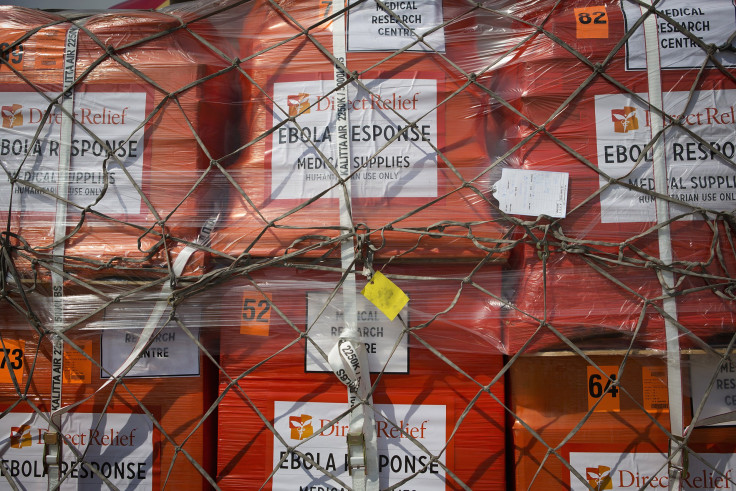Ebola Outbreak: US Unprepared For A Deadly Pandemic ‘Threat’ [REPORT]

The U.S. is woefully unprepared to handle a catastrophic viral outbreak on par with the Ebola epidemic now wreaking havoc in West Africa, according to a recent audit of the government’s medical supplies inventory. The country’s stockpile of protective gear for health workers and antiviral medications has been poorly managed, contains outdated units and has not been adequately monitored for safety or efficacy, the report found.
“[The Department of Homeland Security] did not effectively manage and oversee its inventory of pandemic preparedness supplies” and “did not keep accurate records ... [or] implement sufficient controls to monitor its stockpiles,” the review spearheaded by the U.S. Department of Health and Human Services’ Office of Inspector General found.
Among the most startling conclusions of the inspector general’s audit: Over 80 percent of the country’s supply of critical antiviral drugs will expire by the end of 2015. That's next year. And the security department has yet to draft a plan to replenish it. Efforts to have the shelf-lives of these drugs extended have not been realized. Another 32,000 units of antiviral drugs were not properly stored and may be ineffective. More than 2,000 other units remain missing.
The department’s stockpile also contains thousands of bottles of expired hand sanitizer, some of which expired over four years ago. About 200,000 respirators designed to protect health workers from contaminated air in the event of a pandemic are beyond the manufacturer’s five-year guarantee for usability. The department also lost a secondary stockpile of personal protective gear that contained 25,000 surgical masks and hand sanitizer. The inspector general noted several other discrepancies in the department’s inventory. The report focused on the event of an influenza pandemic that would “pass through communities of all sizes across the nation and world simultaneously, as demonstrated with the 2009 H1N1 influenza pandemic. The mounting risk of a worldwide influenza pandemic poses numerous potentially devastating consequences for critical infrastructure in the United States.”
The results of the audit, released in August, came just before health officials declared that the Ebola outbreak in West Africa was spiraling out of control. The worst Ebola epidemic in history has claimed nearly 3,000 lives across five countries – Guinea, Liberia, Nigeria, Senegal and Sierra Leone. World health leaders say Ebola cases could top 1.4 million by January in a worst-case scenario, and there are fears of it coming to the U.S.
If that were to happen, experts worry that hospitals are unprepared to take on large numbers of Ebola patients and do not have the means to properly dispose of medical waste contaminated with the virus, which could put hospital personnel and others at risk of contracting the deadly disease.
© Copyright IBTimes 2024. All rights reserved.






















